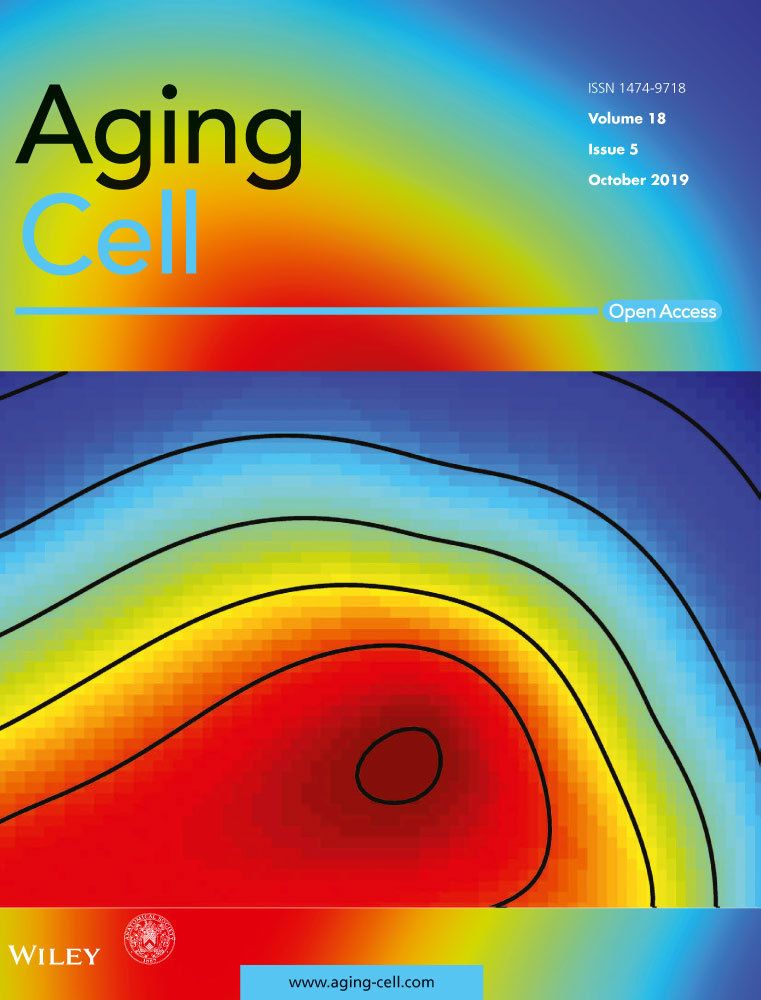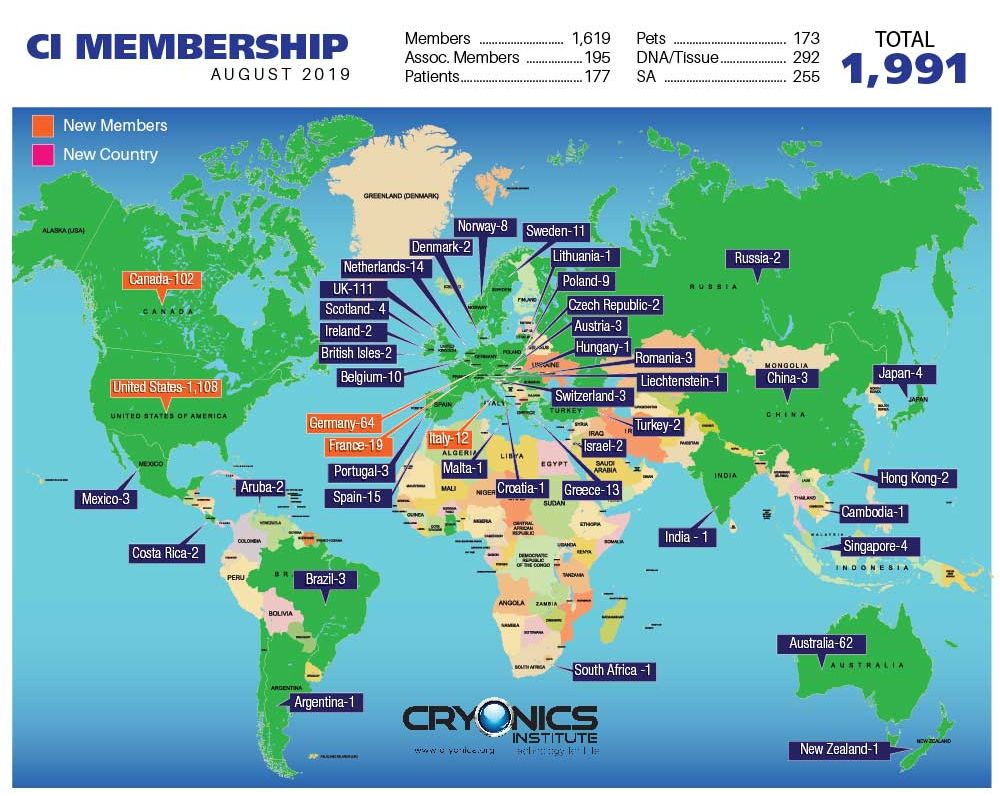Category: life extension – Page 491
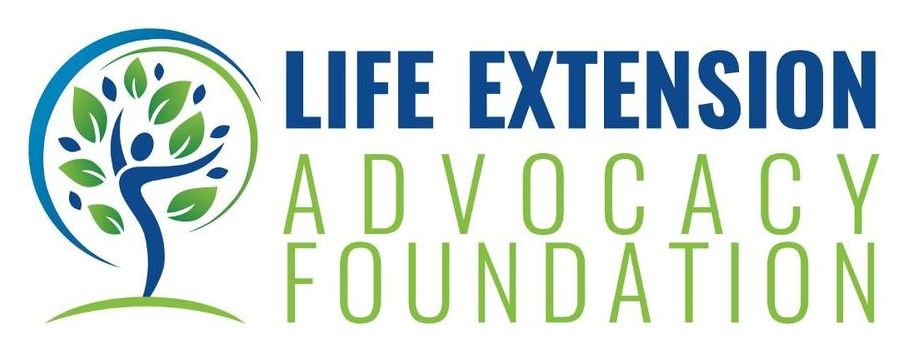

World’s first anti-aging trial gets green-light
A 5 year study. In recent years it has been shown to extend the lives of nematodes (or roundworms) by 57% and mice by 6%. In humans, claims abound that metformin-takers are living longer, having fewer cardiovascular episodes and seeing reduced odds of getting cancer.
Groundbreaking TAME trial, which directly targets aging as an endpoint, finally begins this November, reveals lead clinician Dr Nir Barzilai.

NBC & Phil Noyce Plan Cryonics Drama
NBC is developing an untitled cryonics-themed project which hails from writer and executive producer David Slack and filmmaker Phillip Noyce who will direct the pilot and executive produce.
Sony Television produces the series which follows an enigmatic billionaire who has gathered more than 250 people who attempt to cheat death by undergoing cryogenic suspension in hopes that a future breakthrough would someday allow them to be brought back to life.
However, as these people from different moments in time wake up, they soon realise you can’t cheat death without paying a price. Josh Berman and Chris King will also serve as executive producer. Noyce also helmed the pilots of and executive produced ABC’s “Revenge” and FOX’s “The Resident”.
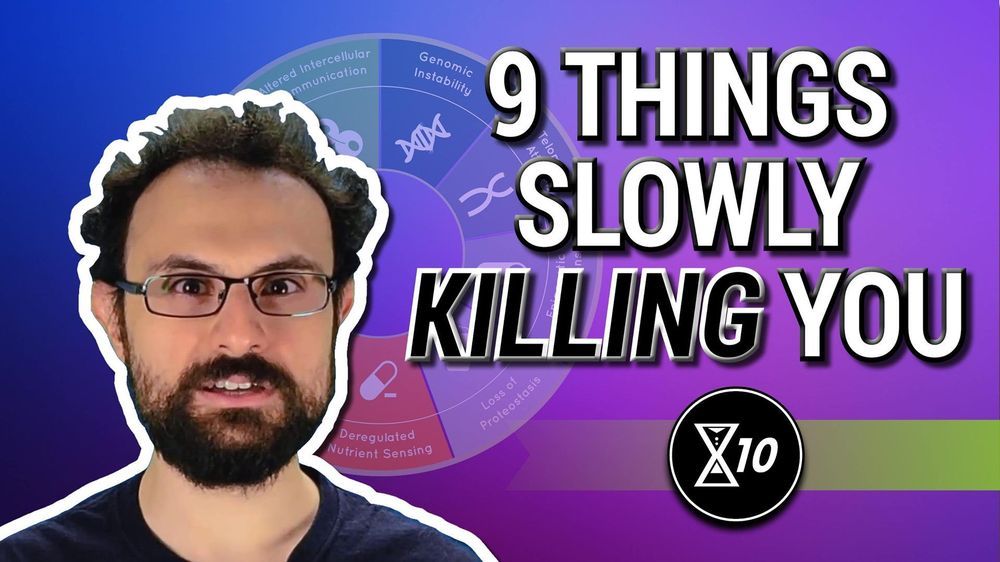
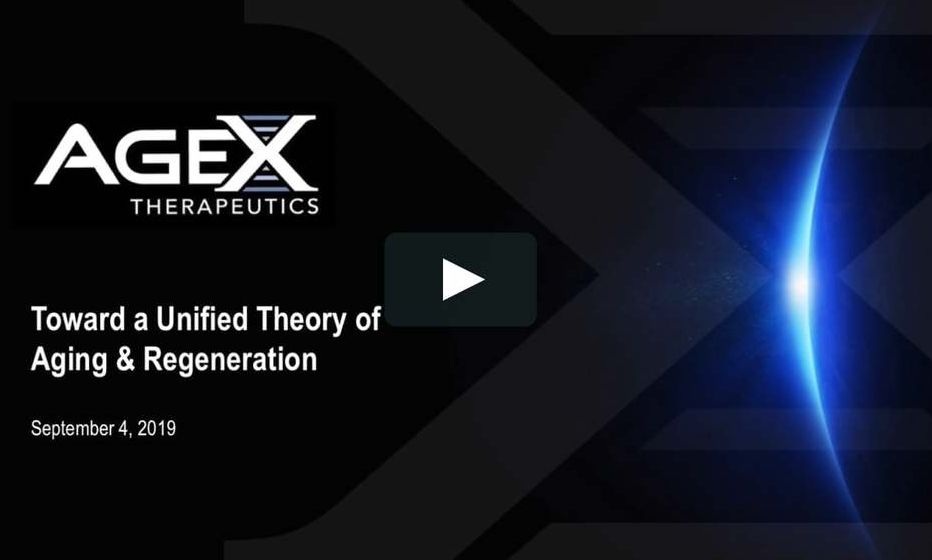
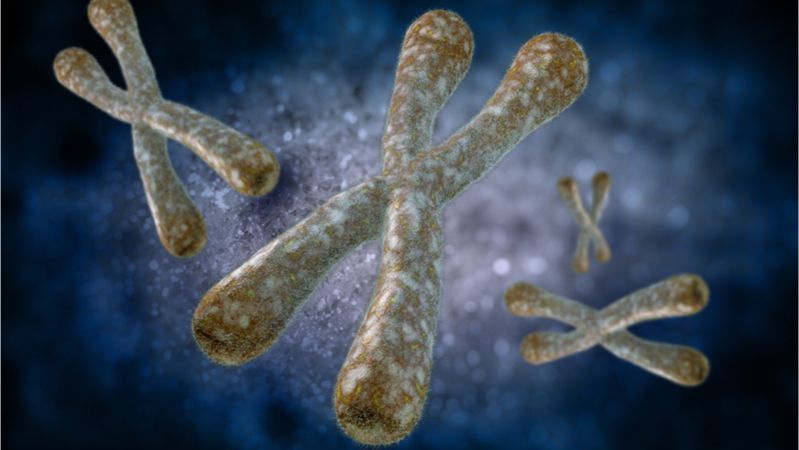
Transient Telomerase Expression Mediates Senescence and Reduces Cancer Risk
A joint study by researchers at the National Institutes of Health (NIH) and the University of Maryland (UMD) has revealed a previously undocumented protective function of the telomerase enzyme.
Telomerase is used by somatic cells too
It was thought for a long time that telomerase is only active in certain cell types, such as stem cells, immune cells, and embryonic cells, in order to protect them from aging. Aside from a few cell types and, of course, cancer cells, which are able to hijack the telomerase enzyme in order to replicate uncontrollably, researchers believed that the enzyme is switched off in other types of cells.
